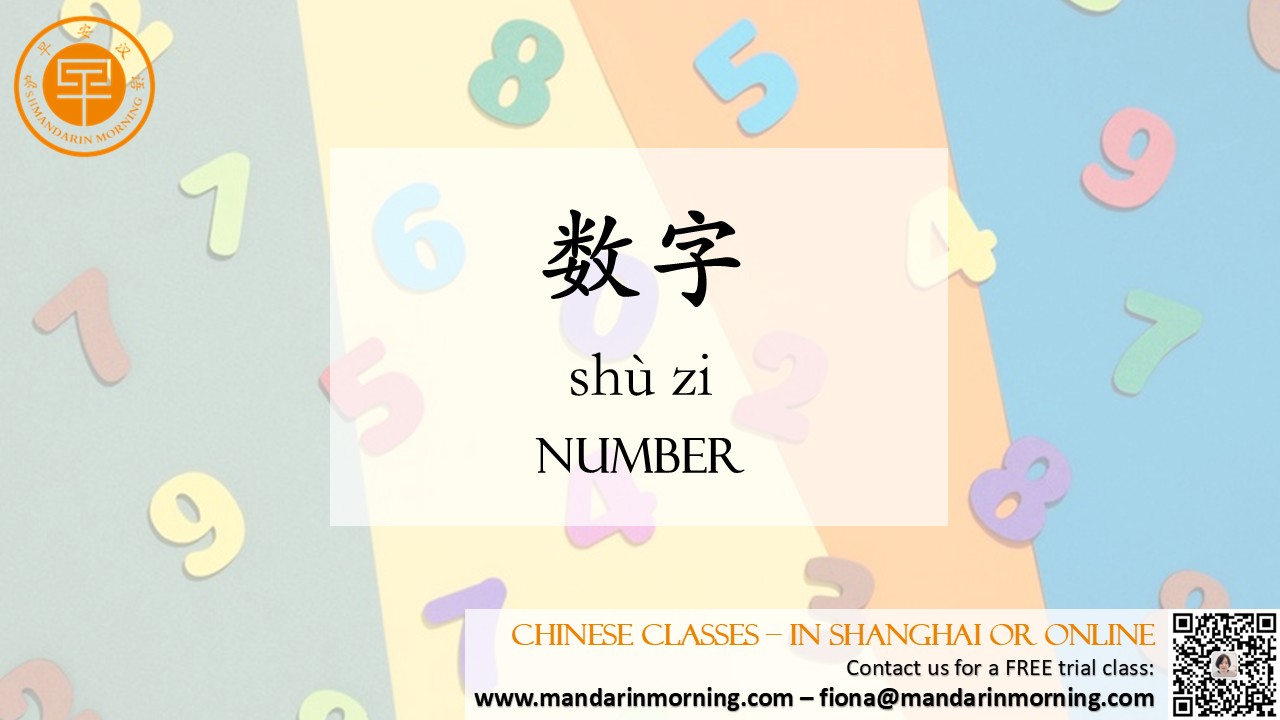【Learn Chinese】Chinese Numbers for Beginners |
| Numbers are the building blocks of mathematics and a vital part of everyday life. In Chinese culture, numbers hold a special significance and are deeply intertwined with language and tradition. Whether you're counting money, celebrating a birthday, or simply telling the time, mastering Chinese numbers is a key step in your language learning journey.  Let's start with the basics. The Chinese number system is remarkably logical and efficient. Unlike the English system, which has unique words for numbers like "eleven" and "twelve," Chinese numbers follow a consistent pattern. The numbers from one to ten are straightforward: 一 (yī), 二 (èr), 三 (sān), 四 (sì), 五 (wǔ), 六 (liù), 七 (qī), 八 (bā), 九 (jiǔ), and 十 (shí). Notice how each character is distinct and easy to remember. When it comes to larger numbers, the pattern continues. For example, 十一 (shí yī) means "ten one," or eleven, and 十二 (shí èr) means "ten two," or twelve. This pattern extends all the way up to ninety-nine, with numbers like 二十三 (èr shí sān), which translates to "two ten three," or twenty-three. This logical structure makes it easier for learners to grasp and remember. But numbers in Chinese are more than just numerical values. They are also imbued with cultural meanings. For instance, the number 八 (bā) is considered lucky because it sounds similar to the word 发 (fā), which means "to get rich" or "to prosper." This is why you might see the number eight prominently featured in Chinese celebrations and business ventures. On the other hand, the number 四 (sì) is often avoided because it sounds like the word 死 (sǐ), meaning "death." In addition to their cultural significance, numbers play a crucial role in the Chinese language. They are used in idioms, proverbs, and even poetry. For example, the idiom 三心二意 (sān xīn èr yì) means "to be half-hearted" or "to have divided intentions." Literally, it translates to "three hearts two minds," illustrating how numbers can add depth and nuance to expressions. Learning Chinese numbers is not just about memorizing vocabulary; it's about understanding a culture that has revered and utilized numbers for thousands of years. From the ancient art of divination to modern-day superstitions, numbers are a constant presence in Chinese life. So, whether you're a beginner counting to ten or an advanced learner delving into complex numerical expressions, the world of Chinese numbers is both fascinating and rewarding. Embrace the logic, appreciate the culture, and soon you'll find yourself navigating the numerical landscape with ease. And who knows? You might even start to see the luck in the numbers yourself! |